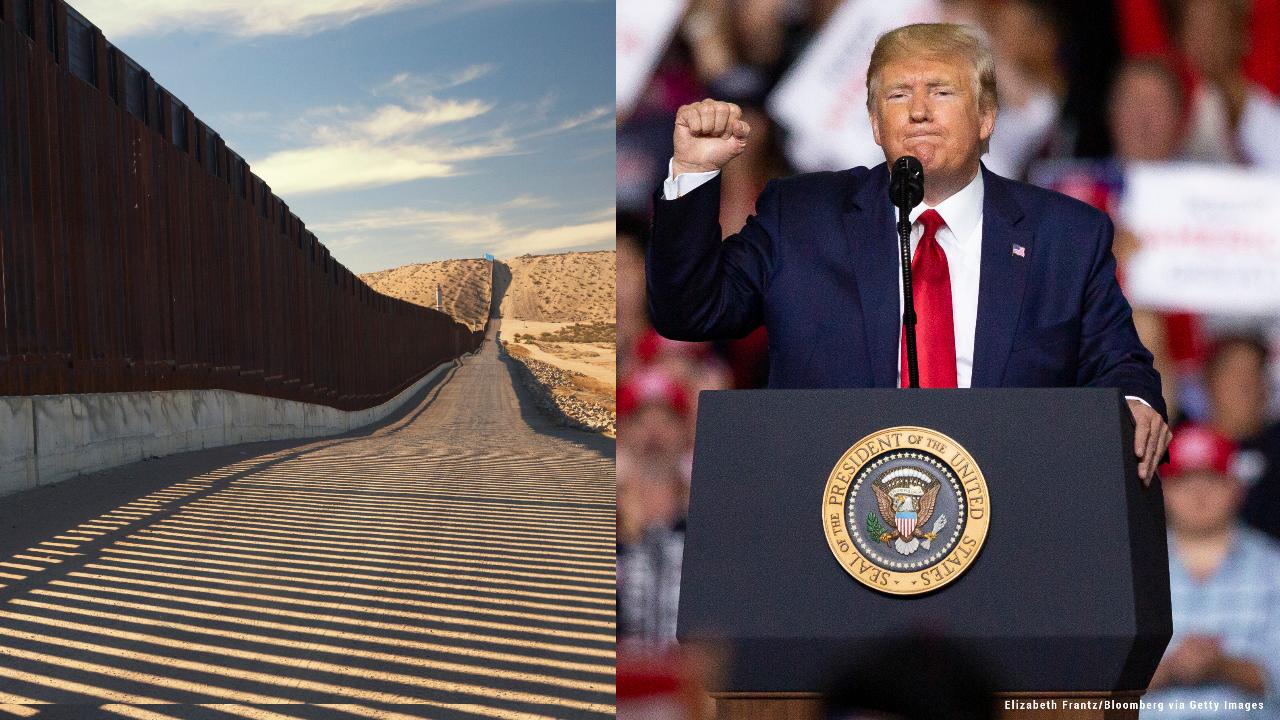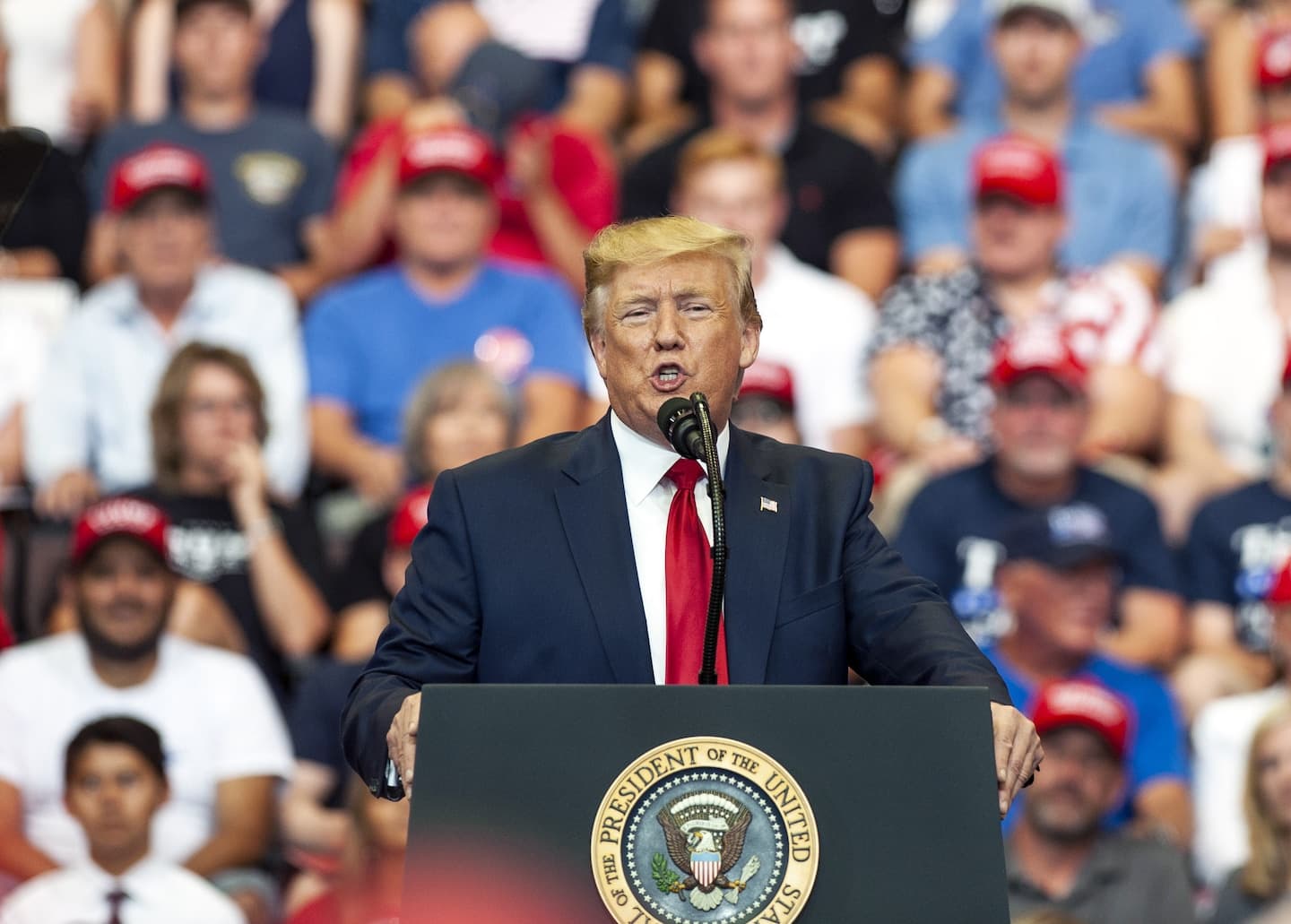U.S. President Donald Trump"s latest threat to impose a staggering 35% tariff on Canadian goods exposes the volatile nature of his administration"s trade policies and their profound implications for international relations and domestic economies. This unilateral decision, a part of Trump"s ongoing trade war, complicates negotiations with key allies and raises questions about the future of North American economic partnerships.
Tariff Threats Create Uncertainty
Trump"s declaration that the letters he sends to world leaders are "the deals" indicates a troubling shift in diplomatic norms. Instead of engaging in constructive negotiations, the president is adopting a confrontational stance that undermines established trade agreements. As reported by BBC, the threat of tariffs, set to take effect on August 1, has already created anxiety among Canadian businesses, which must now navigate an unpredictable economic landscape.
Unfair Tariff Rates Target Canada
The stark difference in tariff rates that Canada and Mexico face—35% for Canada and 30% for Mexico—raises eyebrows and reflects Trump"s erratic decision-making. According to Reuters, this disparity is baffling, especially as Canada is both a major trading partner and a critical national security ally. Christopher Sands, director at Johns Hopkins University, noted that this could jeopardize the delicate balance of trade relations, especially since Canada has been cooperative in previous negotiations.

Breaking news coverage: canadian parliament building
Canada"s Response to Aggression
As Canada prepares for its cabinet meeting to address the tariffs, the country has already begun implementing new policies to protect its domestic industries. The introduction of an interim procurement policy prioritizing Canadian companies is a strategic move to bolster its economy against external pressures. The Budget Lab at Yale highlights how such measures are crucial for maintaining stability in the face of aggressive trade tactics.
Political Fallout for Trump
Trump"s escalating tariffs are not just an economic issue; they are also a political one. As Fen Hampson, an international affairs professor, suggests, the domestic pressures from American consumers and manufacturers feeling the pinch from these tariffs could create backlash against the president"s policies. The primary justification for these tariffs—combating fentanyl trafficking from Canada—appears disingenuous given the stark contrast in drug seizure data at the borders, as outlined by U.S. Customs and Border Protection. While only 26 kilograms of fentanyl have been seized at the Canadian border this fiscal year, a staggering 3,700 kilograms have been intercepted at the Mexican border.

On the border, officials see dividends from Trump’s deal with Mexico ...
Implications for Democratic Governance
The implications of Trump"s tariff threats extend beyond immediate economic impacts; they strike at the heart of democratic governance. By bypassing traditional negotiation channels and resorting to intimidation tactics, Trump is eroding the foundational principles of fair trade and mutual respect. This approach not only strains relationships with allies but also sets a dangerous precedent for international diplomacy. As reported by Sydney University, the erosion of cooperative trade practices under Trump could have lasting consequences for the global economy.



![[Video] Gunfire between Iraqi security forces and Sadr militias in Baghdad](/_next/image?url=%2Fapi%2Fimage%2Fthumbnails%2Fthumbnail-1768343508874-4redb-thumbnail.jpg&w=3840&q=75)
